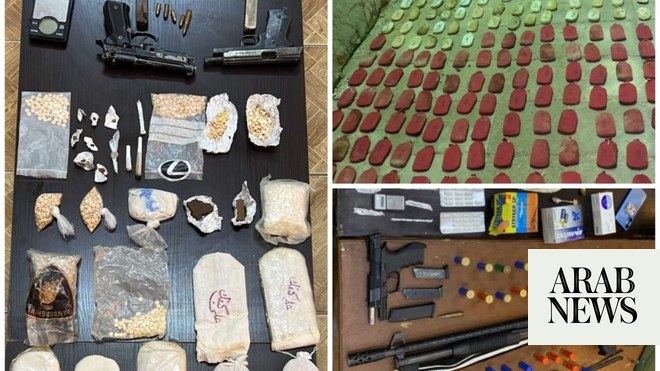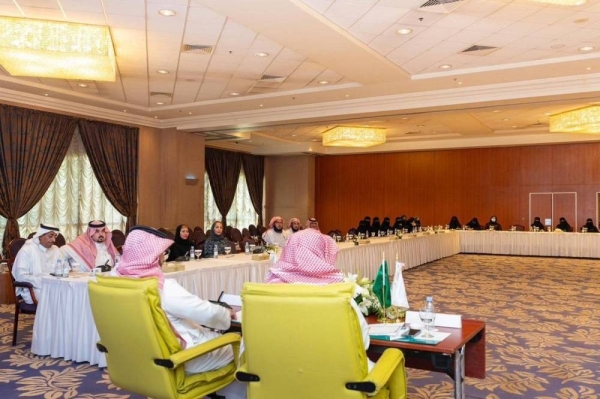
f financial fraud and illegitimate earning.
The Public Security emphasized that begging in all its forms and manifestations, regardless of its justifications, has been banned.
It urged the public to report those who are found engaged in beggary or extending support to beggars by any means through contacting over phone No. 911 in the regions of Makkah and Riyadh, and 999 in all other regions of the Kingdom.
Legal experts told Okaz/Saudi Gazette that begging for money through social media platforms has also been prohibited, according to the new Anti-Beggary Law that came into force two months ago.
The law stipulates that it is the Ministry of Interior, which is responsible for arresting beggars and referring cases to the authority concerned with investigating violations of the law in order to take the necessary legal measures against the violators.
The Public Prosecution shall investigate the violations mentioned in the law, and file the cases before the competent court.
According to the law, the Ministry of Human Resources and Social Development is responsible, in coordination with the relevant authorities, to handle various issues involved in combating beggary.
The ministry will carry out studies about the social, health, psychological and economic conditions of Saudi beggars, and will provide social, health, psychological and economic services to them after considering each case individually.
The ministry instructed Saudi beggars to benefit from the services provided by government, civil and charitable agencies.
The ministry will also create a database for beggars in partnership with the Ministry of Interior. The ministry will record every case of beggary that is caught and it will follow up the services provided to each and every Saudi beggar.
It will also carry out awareness programs focusing on the psychological, social, economic and security dangers of beggary, as well as preparing studies and research apart from holding seminars and conferences related to combating beggary.
Lawyer Rafal Nassar said that there are provisions in the Anti-Beggary Law to slap penalties on anyone who engages in begging, incites others, agrees with him or helps him to practice beggary, with an imprisonment for a period not exceeding six months, or a fine not exceeding SR50,000 or of both.
The penalties will be doubled for those who are part of the organized beggary rackets. Whoever engages in beggary, manages beggars, incites others, and assists beggars as part of organized rackets will be awarded with a maximum jail term of one year or fine not exceeding SR100,000, or of both.
The law stipulates that all funds in cash and kind obtained from practicing beggary will be confiscated and if it was not possible to seize any of these funds, the competent court would decide a fine equivalent to its value.
Lawyer Dr. Alaa Al-Khuzamy, who is a consultant at the Takamol Initiative for Legal Aid, said the Anti-Beggary Law considers begging for money through social media platforms as beggary.
As per the law, punitive measures will be taken against only those who caught practicing beggary for the second time. Warning will be issued to them when they are noticed or caught begging for the first time.
She noted that the law describes beggar as someone who practices beggary to obtain money of others without any unintended return and that is in cash or kind, directly or indirectly, in public places or private stores, or by using the means of technology and modern communications, or by any other means whatsoever.
Al-Khuzamy noted that the second article of the law prohibits all forms of beggary, whatever its justifications, and entrusts the Ministry of Interior to arrest them and refer them to the Public Prosecution for investigation and then hand over the case to court.











